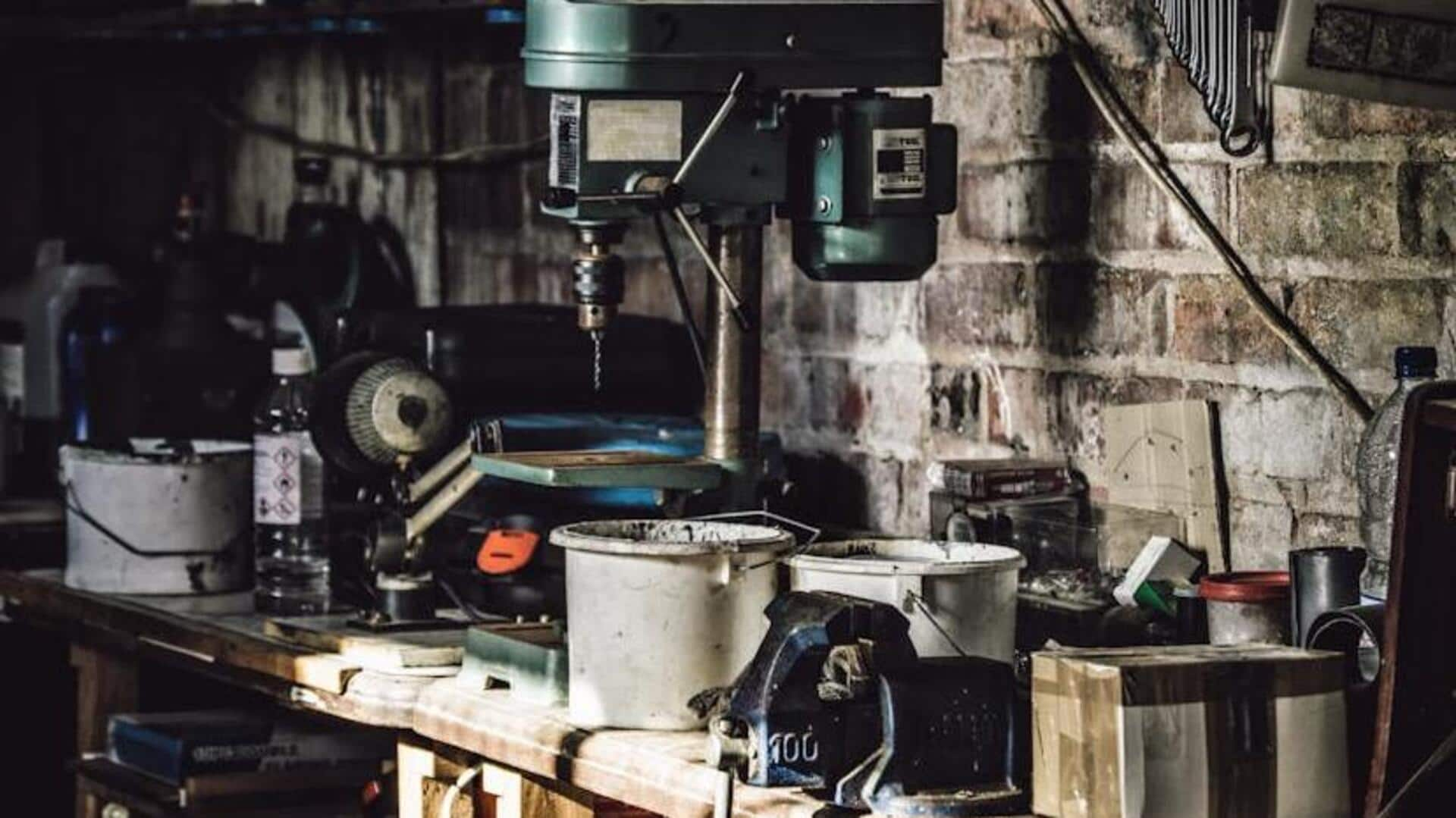
Decluttering your workshop for inspired DIY projects
What's the story
Decluttering your workshop will turn it from a messy, uninviting space into a hub of creativity and productivity.
A cluttered workspace makes it difficult to locate tools and materials, leading to frustration and stifled creativity.
This article offers practical tips to organize your workshop, streamlining the process of starting and completing DIY projects with ease.
Clean slate
Start with a clean slate
Start by completely emptying your workshop. This is a key step in evaluating what you have.
By emptying the space, you can categorize items into keep, donate, or throw away piles.
This process helps not only in decluttering but also in deep cleaning, getting rid of dust and grime that may have built up.
This effort is crucial in streamlining your workshop, laying the groundwork for a more efficient space.
Smart storage
Implement smart storage solutions
Invest in intelligent storage solutions for your workshop's layout.
Pegboards are great for hanging tools in plain sight, ensuring easy access.
Shelving units help keep bulky items off the floor, freeing up workspace.
Clear jars or compartmentalized boxes are ideal for small parts like screws and nails. You can quickly identify the contents without opening them.
Labeling
Label everything clearly
Once you've sorted your tools and materials into appropriate storage, make sure to label everything clearly.
This will save you time searching for items and helps maintain organization by ensuring everything has a designated spot.
Choose labels that are durable enough for the workshop environment, and consider color-coding for even faster identification.
Work zones
Establish work zones
Organize your workshop into zones based on different activities or stages of your projects.
For instance, have a specific area for woodworking, painting, or assembly.
This not only keeps related tools and materials together but also allows you to concentrate on one task at a time without distractions from other ongoing projects.
Maintenance
Maintain regularly
Lastly, the key to maintaining a clutter-free and organized workshop is to make it a habit, not a once-a-year chore.
Allocate 10-15 minutes at the end of each project session to return items to their designated spots and do a quick clean-up.
By doing this, your workshop will always be a welcoming place for creativity, and you won't have to worry about huge decluttering tasks later on.